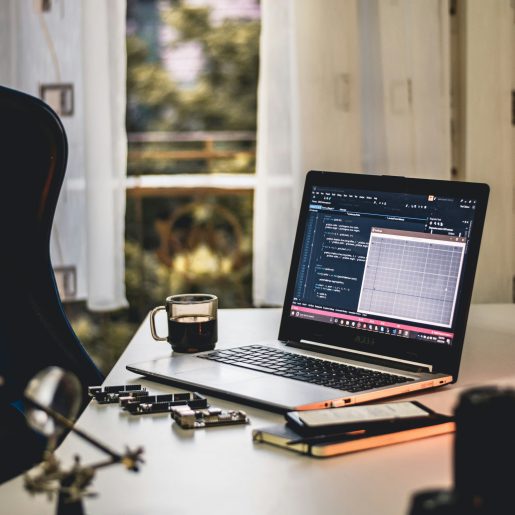Motion Design for Website: Criação de Motion Design para Websites
Discover the importance of motion design for websites.
Glossário
Motion Design in Modern Web Design
Motion design has become essential in modern web design, offering numerous benefits for websites. It enhances User engagement, improves Visual storytelling, increases Conversion rates, and provides an overall enhanced User experience. Motion design sets websites apart from competitors, differentiates the brand, and creates a lasting impression on users. With the increasing dominance of Mobile browsing, motion design is especially important in optimizing the user experience on smaller screens. Incorporating motion design into website design is a powerful way to captivate audiences, enhance usability, and drive conversions.
Techniques for Creating Motion Design for Websites
Motion design plays a vital role in creating engaging and interactive websites. It adds a dynamic element to the user experience and helps communicate information effectively. Here are some key techniques for creating motion design for websites:
1. Storyboarding
Before diving into the actual creation process, it’s important to plan and sketch out the desired motion design. Storyboarding helps visualize the sequence of animations and transitions. It allows designers to define the timing, duration, and pacing, ensuring a smooth and cohesive motion between different elements.



2. Typography Animation
Motion design can bring text to life by adding animations to typography. Animating headlines, subheadings, or even individual letters can draw attention and enhance the overall visual appeal of a website. By carefully choreographing the movement of text, designers can create a sense of rhythm and reinforce the message they want to convey.
3. Layering and Parallax Effects
Layering different elements and applying parallax effects can create a sense of depth and dimensionality to the design. By manipulating the position and movement of elements in different layers, designers can achieve a more immersive and engaging experience. Parallax effects can be used to create an illusion of three-dimensionality and give the website a dynamic feel.
4. Microinteractions
Microinteractions are small animations that occur in response to user interactions. These include hover effects, button animations, loading spinners, and more. By adding subtle motion to these interactions, designers can provide visual feedback, guide users through the interface, and make the overall experience more enjoyable and satisfying.
Best Practices for Implementing Motion Design in Websites
Implementing motion design in websites requires careful consideration to ensure a seamless and enjoyable user experience. Here are some best practices to follow:
1. Purposeful and Meaningful Animation
Motion design should always serve a purpose and enhance the user experience. Avoid using animations for the sake of aesthetics alone. Ensure that each animation has a clear objective, such as guiding users’ attention, providing feedback, or conveying information. Motion design should be purposeful and meaningful to avoid overwhelming or distracting users.
2. Performance Optimization
While motion design adds visual interest, it’s crucial to consider performance optimization. Heavy animations can slow down a website’s loading time, leading to a poor user experience. Optimize animations by using efficient coding techniques, reducing file sizes, and testing performance across different devices and browsers.



3. Consistency
Consistency is key in creating a cohesive user experience. Define a consistent style and theme for motion design elements throughout the website. Use similar easing and timing functions to ensure smooth transitions between different animations. Consistency in motion design creates familiarity and helps users navigate the website intuitively.
4. User Feedback
Motion design can be used to provide visual feedback to users as they interact with the website. For example, when a button is clicked, it can animate to give users confirmation that their action has been registered. This instant feedback keeps users engaged and provides a sense of control and responsiveness.
Implementing motion design in websites requires a combination of creativity and technical expertise. By following these techniques and best practices, designers can create visually stunning and engaging websites that captivate users’ attention and provide an exceptional user experience. Motion design for websites is an evolving field, and with the right approach, it can elevate the overall design aesthetics and usability of a website.
Desenvolva a sua carreira hoje mesmo!
Conheça a Awari – a plataforma de ensino completa que conta com mentorias individuais, cursos com aulas ao vivo e suporte de carreira para você dar seu próximo passo profissional. Quer aprender mais sobre as técnicas necessárias para se tornar um profissional de relevância e sucesso? Conheça nossos cursos e desenvolva competências essenciais com jornada personalizada, para desenvolver e evoluir seu currículo, o seu pessoal e materiais complementares desenvolvidos por especialistas no mercado!









